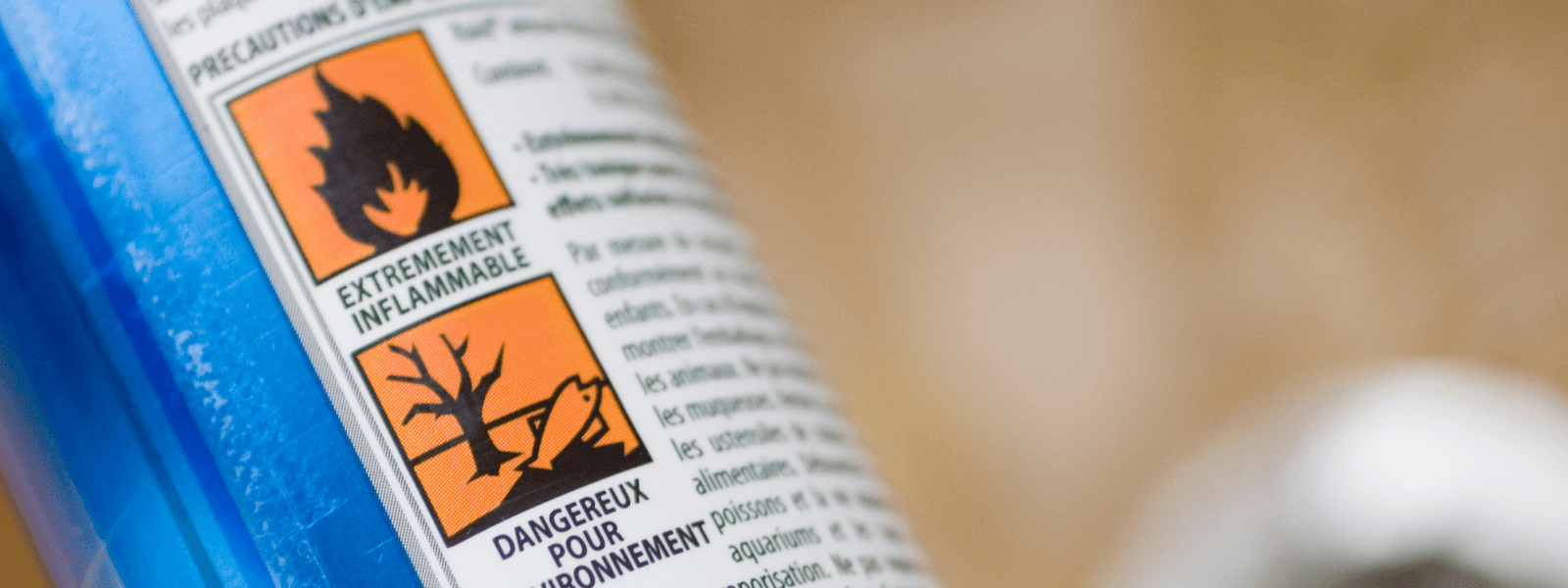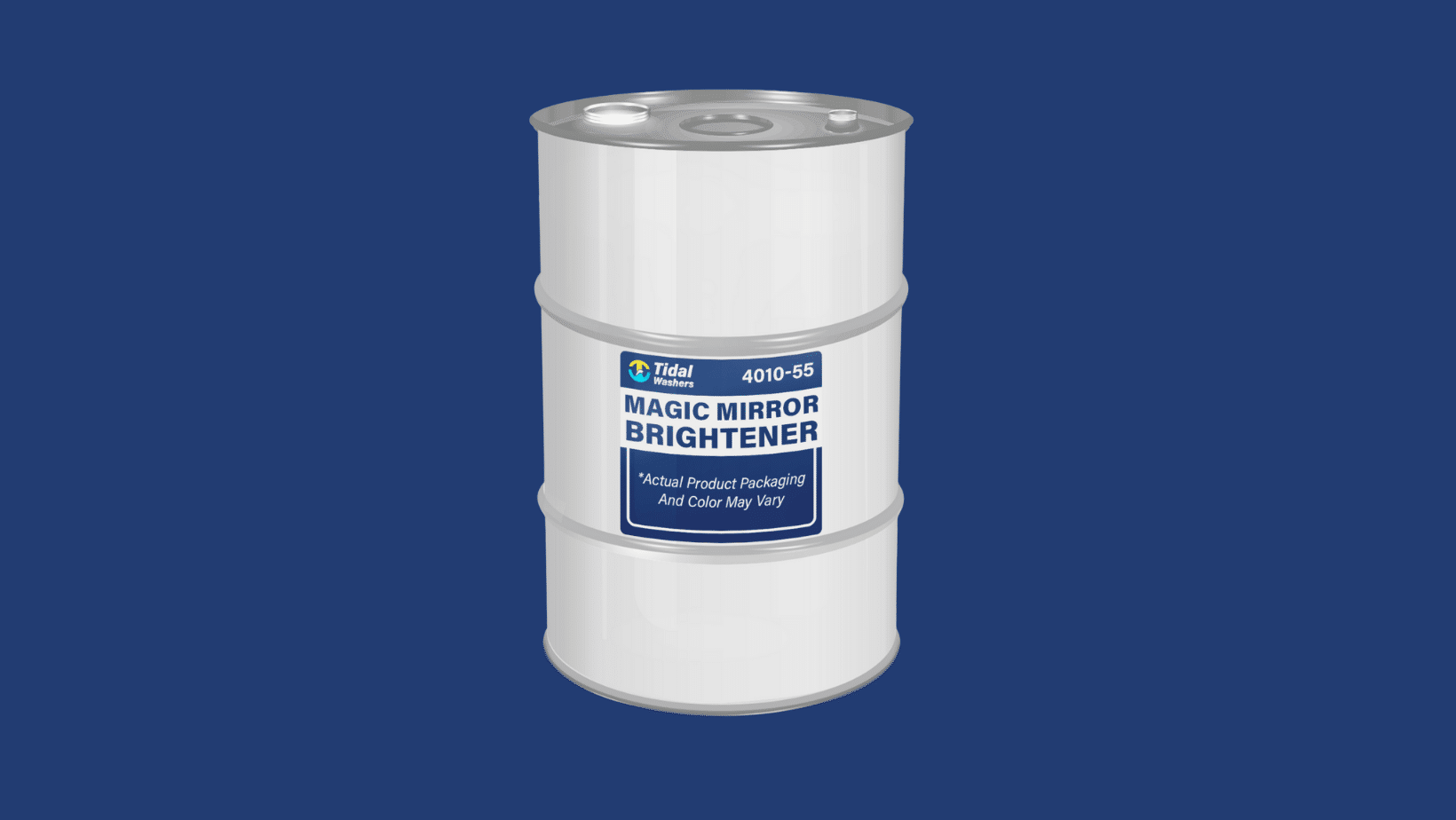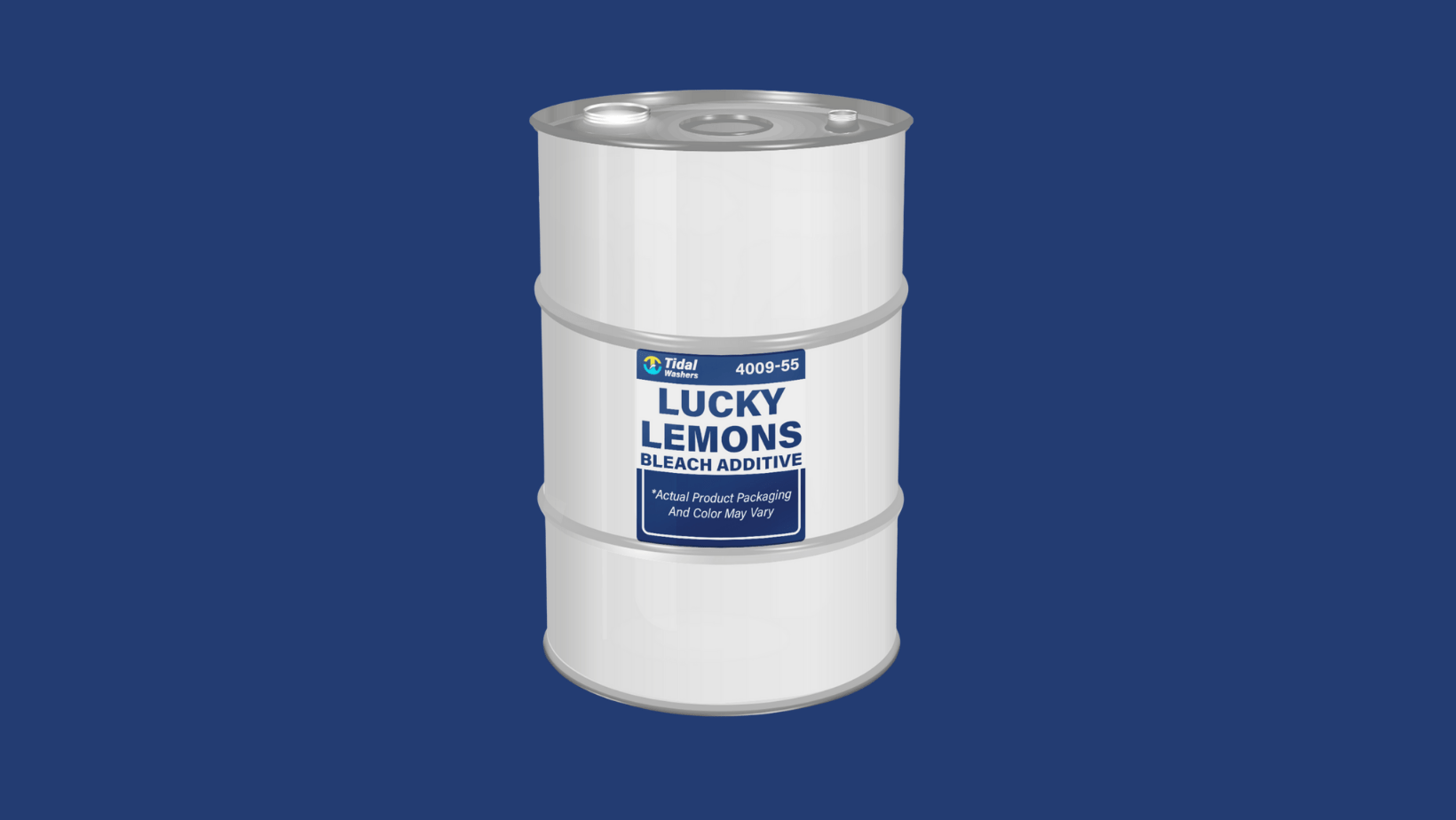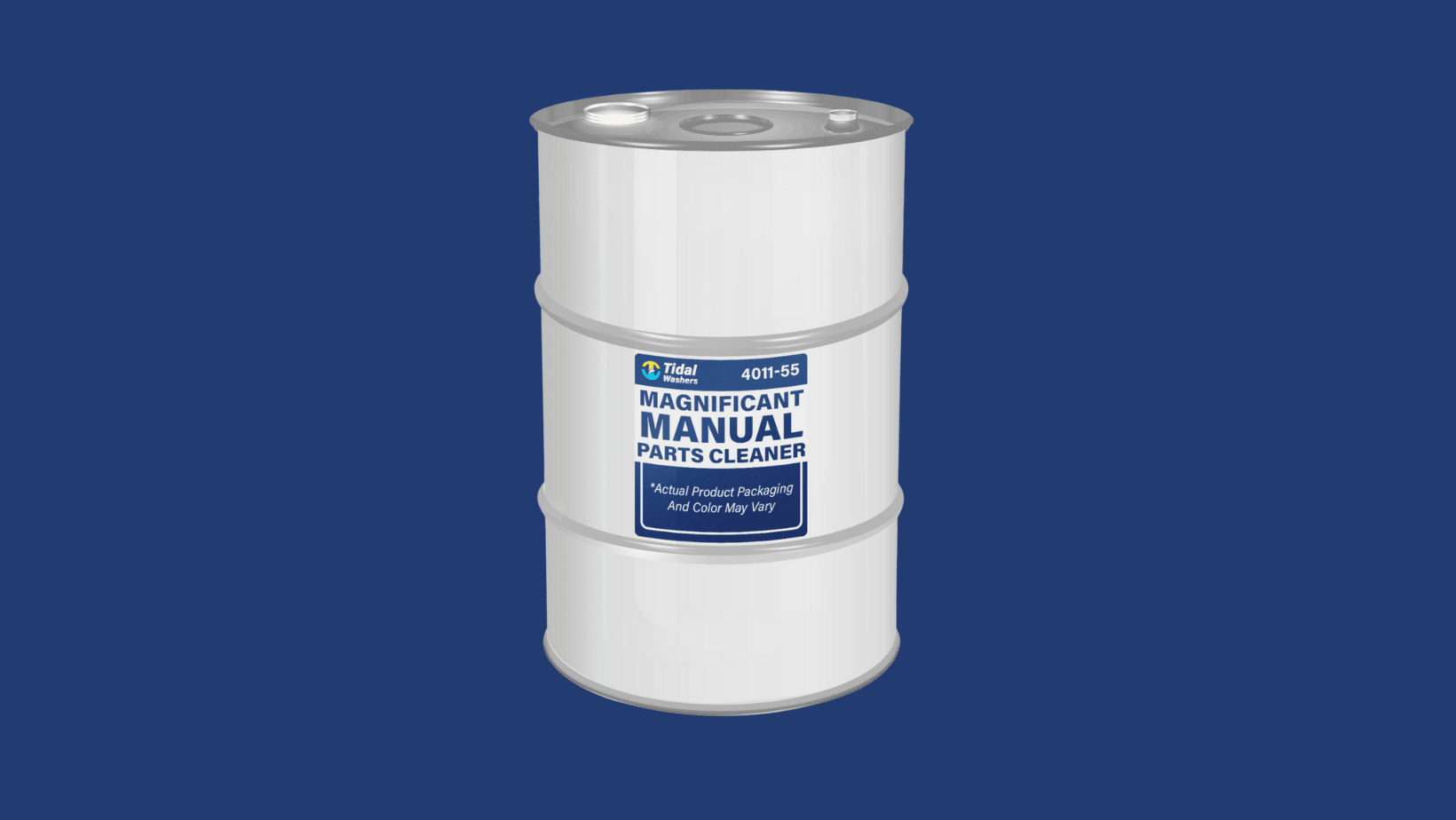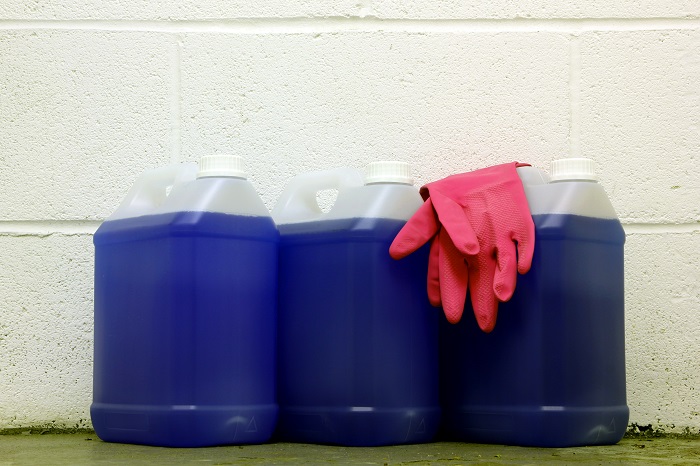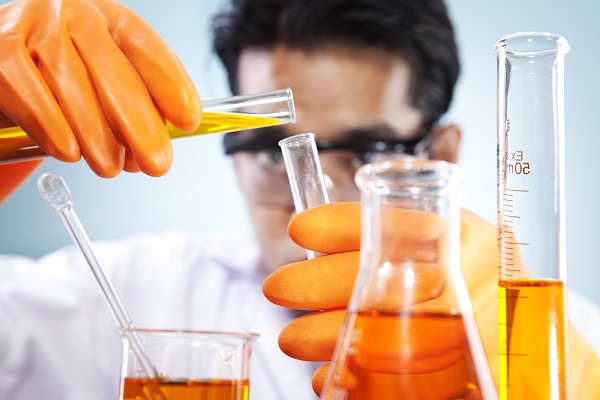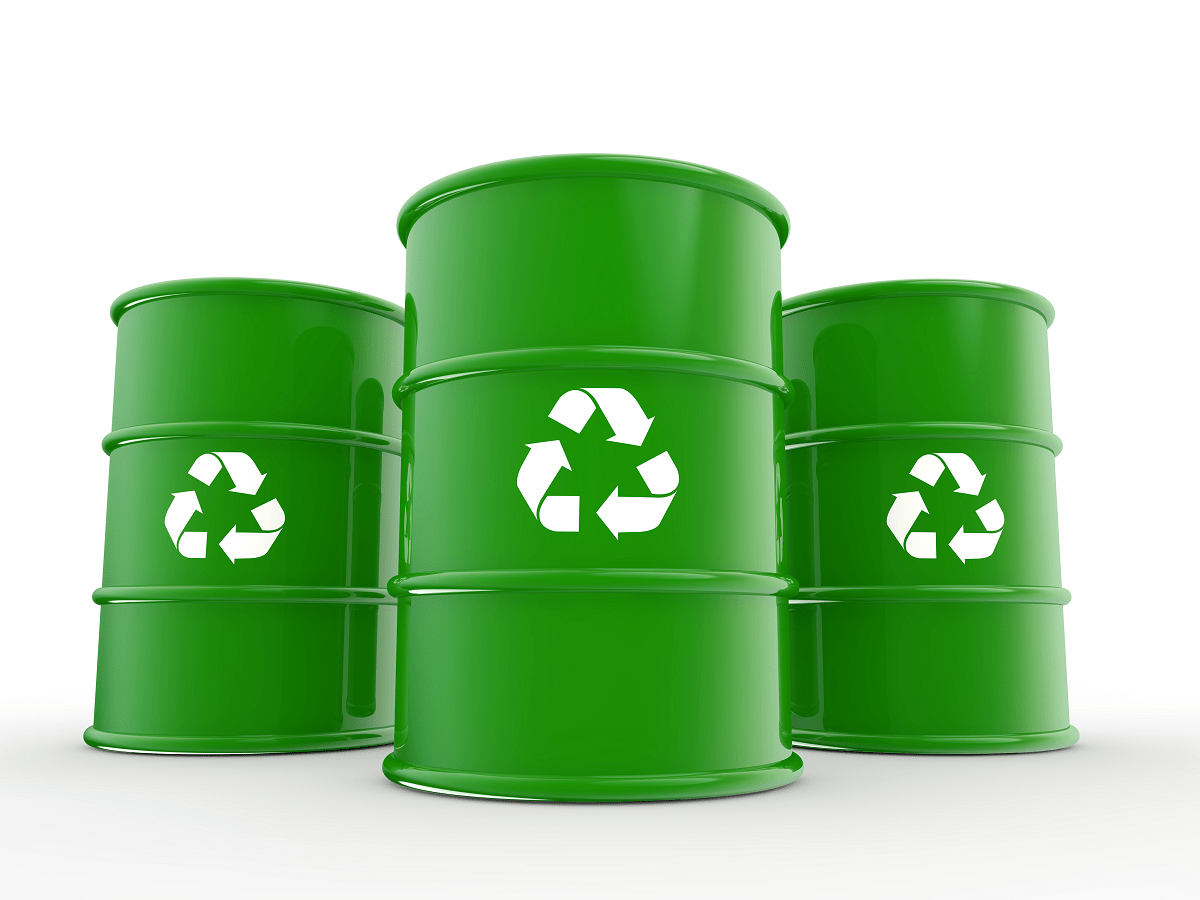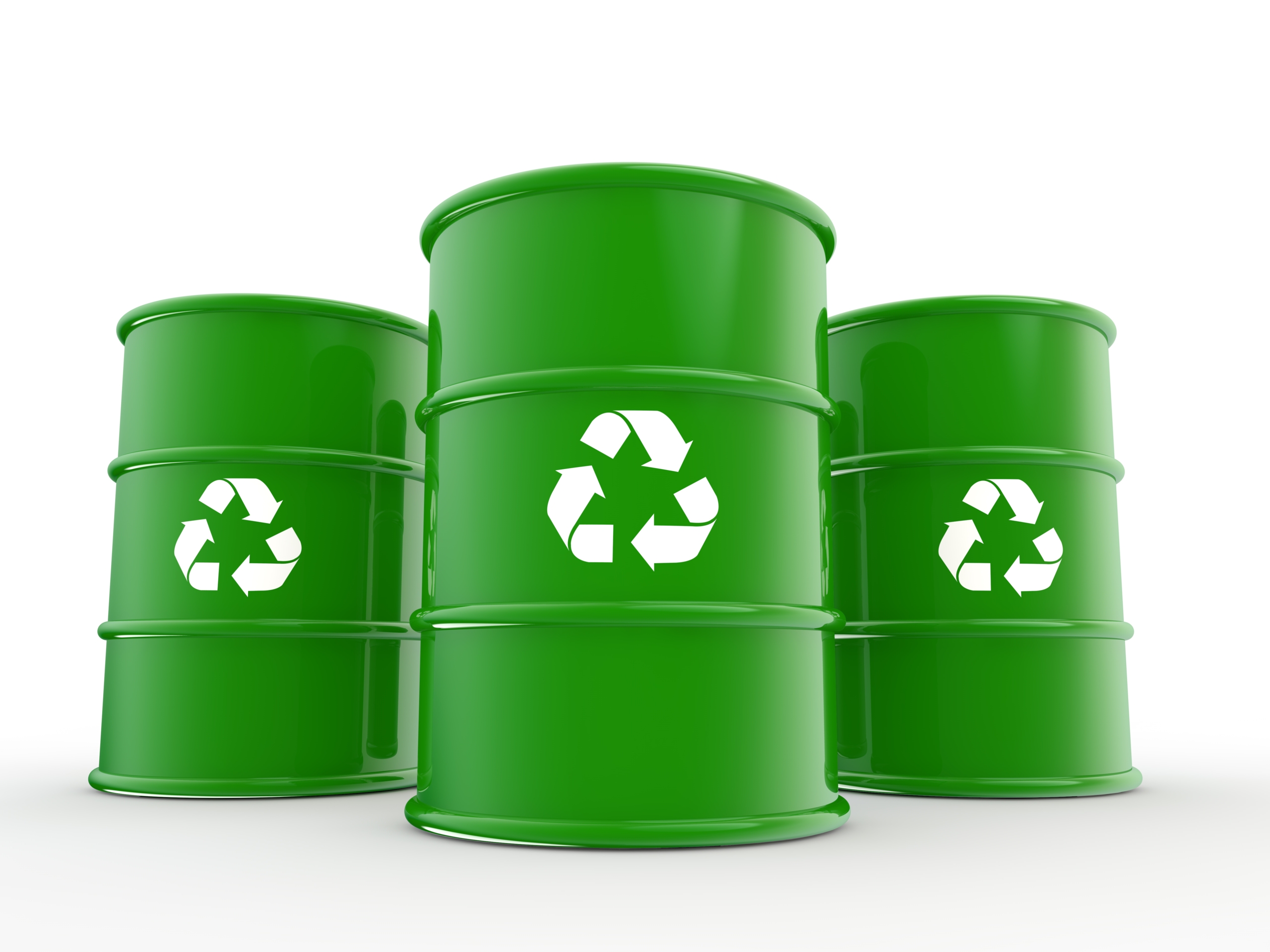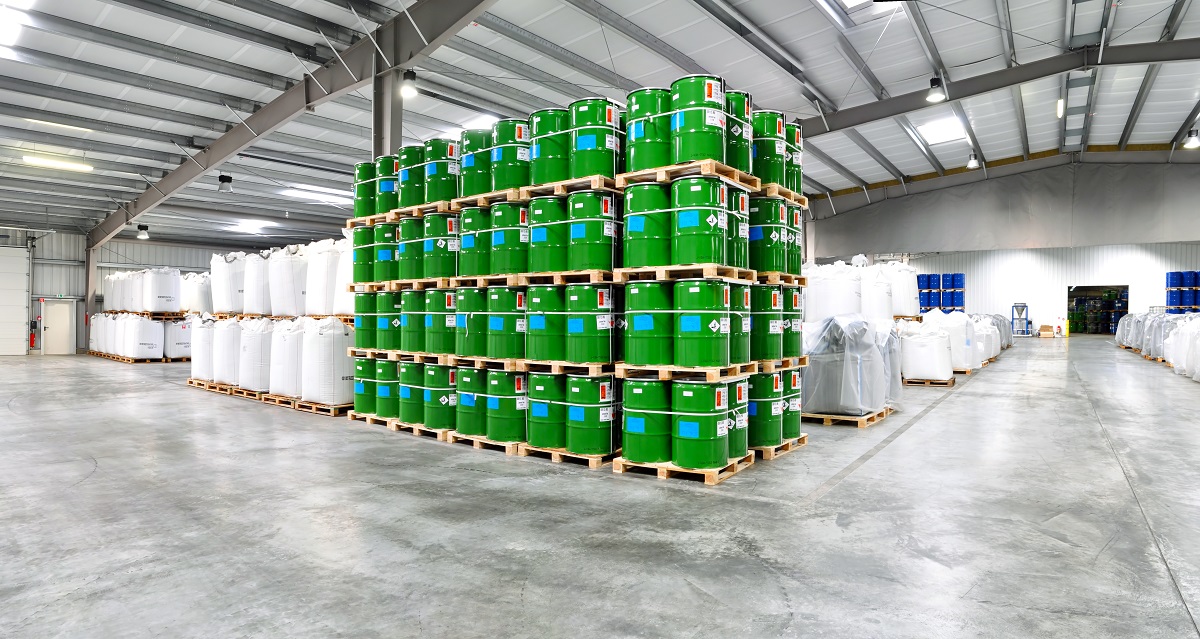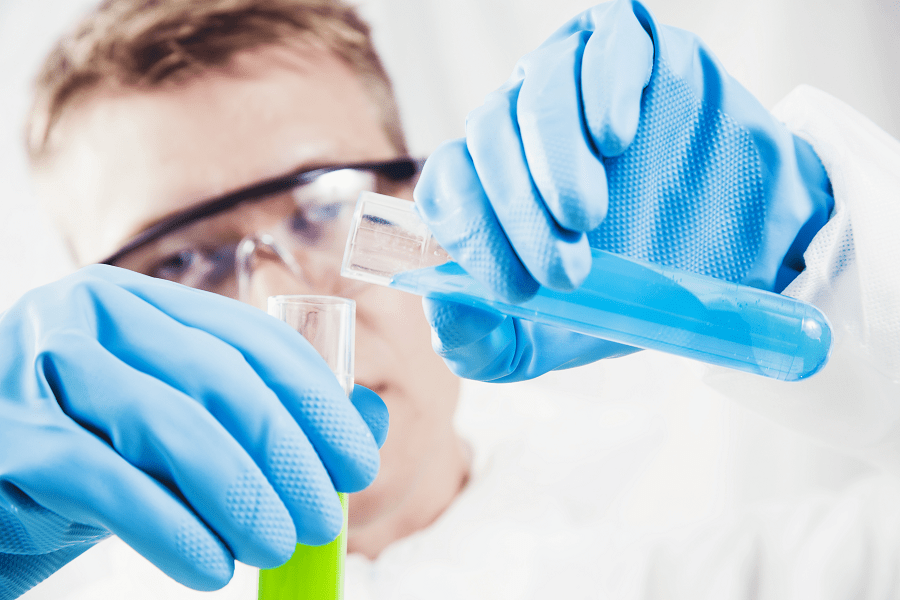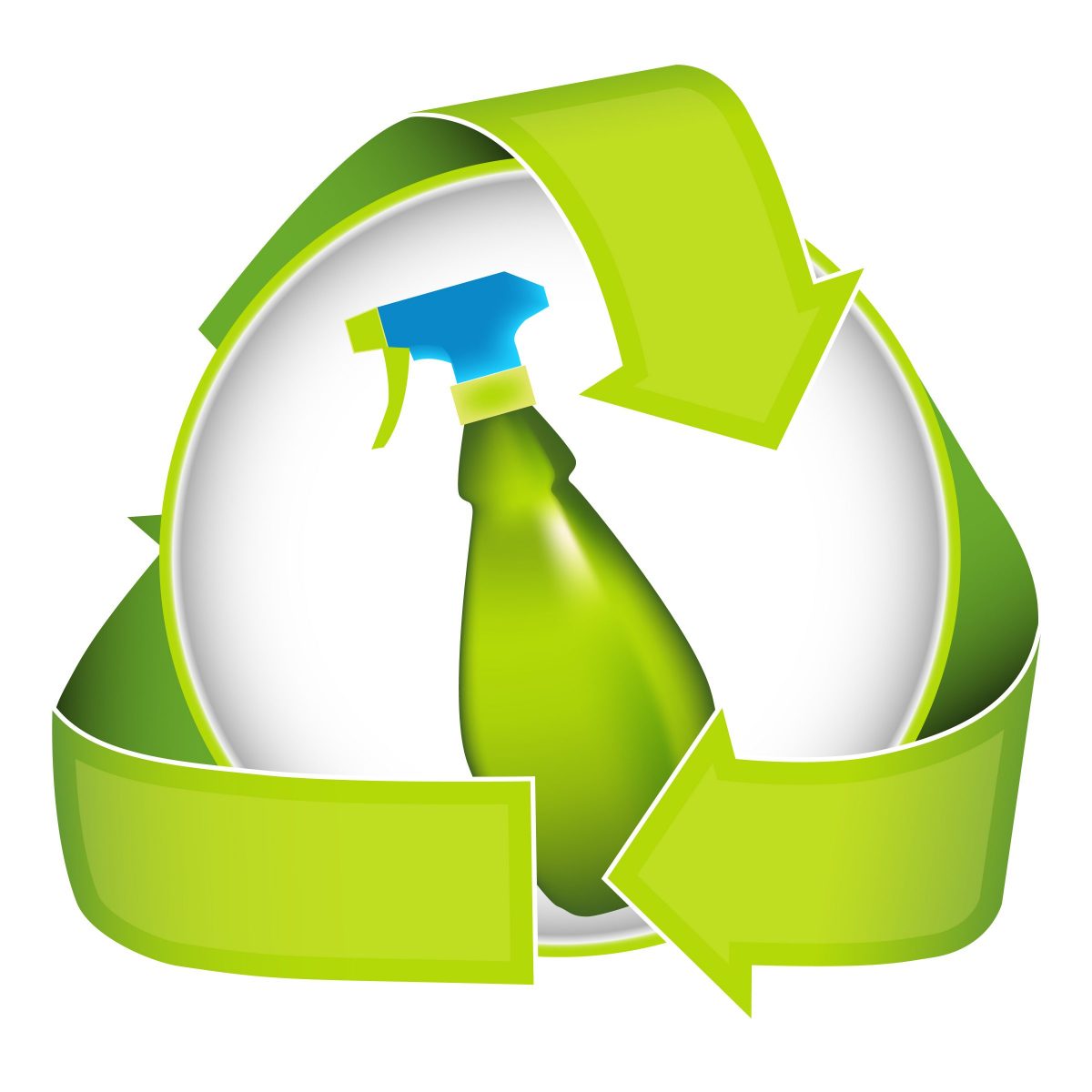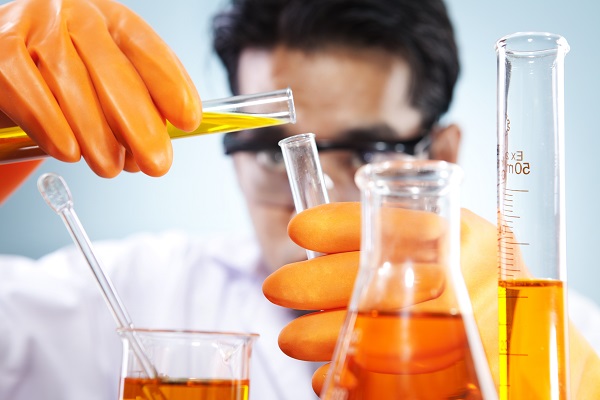If you or your company used BioSafe 1025 for resin and paint removal, you may be wondering why the product is no longer available on the market....
Blog


CHEMICAL INDUSTRY NEWS
Chemical Chat – Discover What’s New!
The Benefits of Magic Mirror Brightener
What Is Magic Mirror Brightener? Metal surfaces that were once bright and shiny can become dull over time, diminishing their visual appeal. If you...
The Benefits of Lucky Lemons Bleach Additive
Looking for a Bleach Additive? If you have been searching for an industrial-strength bleach additive, you’ve come to the right place. Lucky Lemons...
The Benefits of Magnificent Manual Parts Cleaner
Cleaning Solutions for Manual Parts Washers Do you regularly work with manual parts washers? If so, you know how...
The Benefits of Magic Mirror Brightener
What Is Magic Mirror Brightener? Metal surfaces that were once bright and shiny can become dull over time,...
Company News
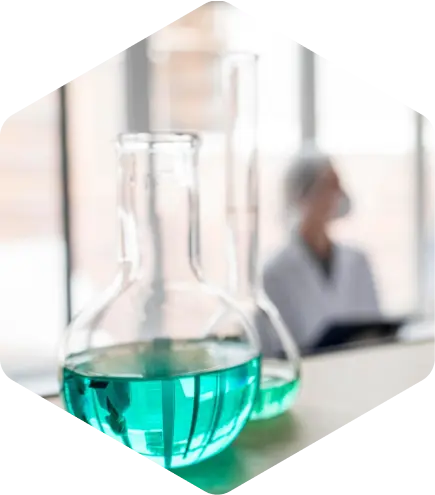
Managed Services
Discover the Latest in Safe and Sustainable Chemical Solutions
Stay informed with Ecolink’s blog! Subscribe now
Chemical Management Information
Stay updated with us
Sign Up for the Latest Updates
Stay informed about chemical supply chain disruptions and emerging innovations to keep your business at the forefront of efficiency and innovation. Uncover new ways to make your business practices more sustainable by incorporating safer products into your cleaning lineup.



